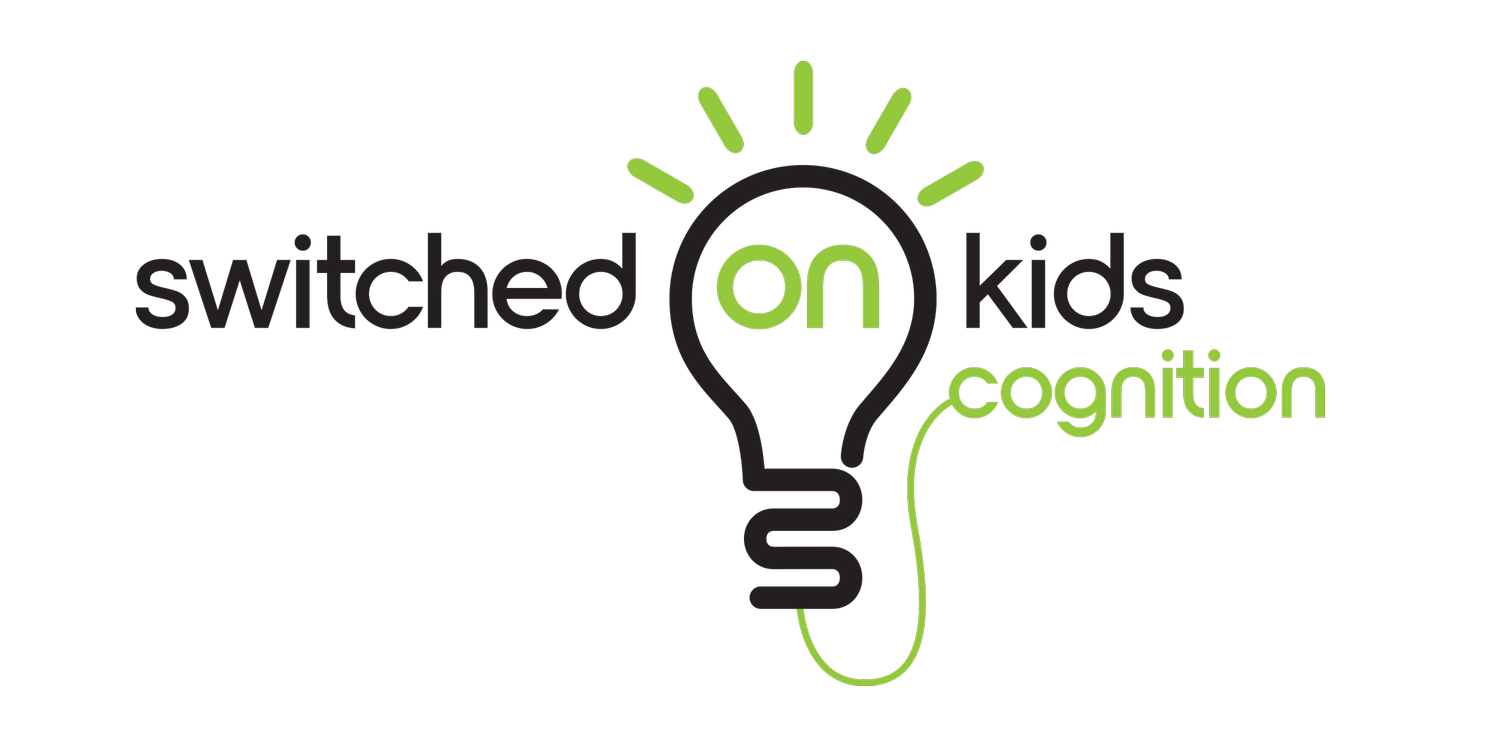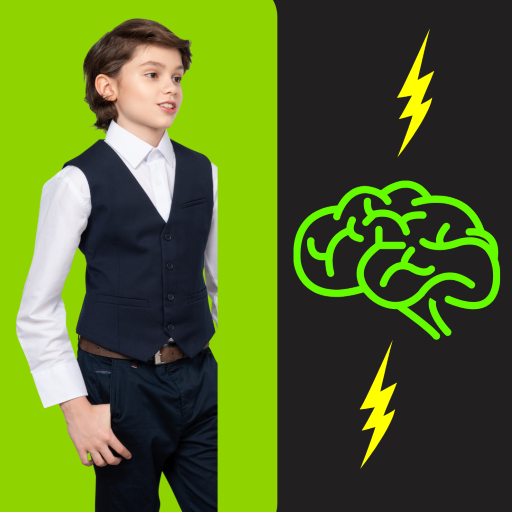Working memory and ADHD
The first things that come to mind when we think about ADHD are “hyperactive” and “inattentive”. However, recently, we have heard far more about the association between ADHD and executive function skills such as working memory. Impairments in working memory impairments are now understood to be a common underlying deficit in individuals with ADHD and other neurodevelopmental and learning disorders.
What is working memory?
“Working Memory is the cognitive ability to briefly hold, maintain, or store information while processing the same or other information” (Dehn, 2015, p.1).
Working memory allows us to maintain and manipulate information in our minds for a short period. It is useful to think of working memory as our “mental blackboard”. All aspects of classroom learning rely on working memory. It has been argued that working memory is a better predictor of academic learning than full-scale IQ (Alloway & Alloway, 2010). Broadly speaking working memory can be divided into visual-spatial and verbal components. High-level executive working memory is required when we combine and manipulate both visual and verbal information in our mind (e.g., reading). You may find that your child has good visual-spatial working memory skills, but poor verbal working memory (or vice versa).
Working memory and ADHD
There is an overwhelming amount of evidence reporting an association between ADHD and with poor working memory. A meta-analysis of 26 studies found that children with ADHD have deficits in multiple components of working memory (Martinussen et al., 2005). One study reported that 74% of their ADHD sample had a significant working memory impairment (Brown, Reichel & Quinlan, 2009). Poor working memory is widely associated with symptoms of inattention and affects a wide range of cognitive skills. For example, children with ADHD may show normal “word reading ability” but struggle with comprehension due to deficits in working memory (Miller et al., 2013).
A child with ADHD and poor working memory will have difficulties with:
Organisation, e.g., remembering what to take to school and what to wear.
Following multi-step instructions and directions.
Keeping up with the conversation.
Calculating simple math problems in their head.
Reading/writing and comprehending information.
Ignoring distractions while working.
Staying focused when learning material becomes more complex.
Answering questions and remembering what to say in class.
Learning new information.
Problem-solving, reasoning, and making high-level inferences.
Multi-tasking!
Children with poor working memory will either “zone out” in the classroom or become bored and distract others. Children do not grow out of problems with working memory, rather they learn to compensate for their challenges (in ways that may not be optimal).
Why target working memory skills?
Working memory can be improved! Strong working memory skills allow us to stay focused on (relevant) tasks, plan, set goals, and solve problems with a flexible mindset. If working memory is poor, a child will not retain information over longer periods. Working memory is involved in all classroom activities. For example, when kids perform worded math calculations; they must read and comprehend words, figure out visual operations, and keep and manipulate numbers in their minds to solve the problem. Similarly, when we ask children to follow multi-step instructions, they must first process verbal information and then work backward to complete the steps in sequence. Kids who have poor working memory often find it hard to keep up in class. Unfortunately, they are often given more work or extra tutoring. Tutoring can be helpful, however, kids with working memory issues may become overloaded even further. In contrast, strengthening working memory will help kids in all academic subjects.
Improving working memory has been associated with a reduction in ADHD symptoms (Grey et al., 2012; Klingberg et al., 2005). Gray et al. (2012) found that those who improved the most on working memory tasks demonstrated the greatest reduction in ADHD symptoms. It has been argued that improving working memory increases dopamine levels in the brain (Backman & Nyberg, 2013). There is very strong evidence to show that children with ADHD benefit from clinician-delivered cognitive training (Moore & Ledbetter, 2019).
To learn more about my 1:1 services please see HERE.
References
Alloway, T.P., & Alloway, R.G. (2010). Investigating the predictive roles of working memory and IQ in academic attainment. Journal of Experimental Child Psychology, (106), 20–29.
Backman, L. & Nyberg, L. (2013). Dopamine and training-related working-memory improvement. Neuroscience and Biobehavioural Reviews, 37, 2209-2219.
Brown, T.E., Reichel, P.C., & Quinlan, D.M. (2009). Executive function impairments in high IQ adults with ADHD. Journal of Attention Disorders, 13, 161-167.
Dehn, M.J. (2015). Essentials of Working Memory Assessment and Intervention. Wiley, NJ (Eds. A.S. Kaufman & N.L. Kaufman).
Gray et al. (2012). Effects of computerised working memory training on working memory, attention, and academics in adolescents with severe LD and comorbid ADHD: A randomised controlled trial. Journal of Child Psychology and Psychiatry, 53, 1277-1284.
Klingberg et al. (2005). Computerised training of working memory in children with ADHD – A controlled, randomised, double-blind trial. Journal of the American Academy of Child and Adolescent Psychiatry, 44, 177-186.
Martinussen, R., Hayden, J., Hogg-Johnson, S. & Tannock, R. (2005). A meta-analysis of working memory impairments in children with attention-deficit/hyperactivity disorder. Journal of the American Academy of Child and Adolescent Psychiatry, 44, 377-384.
Miller, A.C., Keenan, J.M., Betjemann, R.S., Willcutt, E.., Pennington, B.F., & Olson, R.K. (2013). Reading Comprehension in Children with ADHD: Cognitive Underpinnings of the Centrality Deficit. Journal of Abnormal Child Psychology, 41(3): 473–483.
Moore, A.L., & Ledbetter, C. (2019). The Promise of Clinician-Delivered Cognitive Training for Children Diagnosed with ADHD. Journal of Mental Health and Clinical Psychology, 3(3): 3-8.


